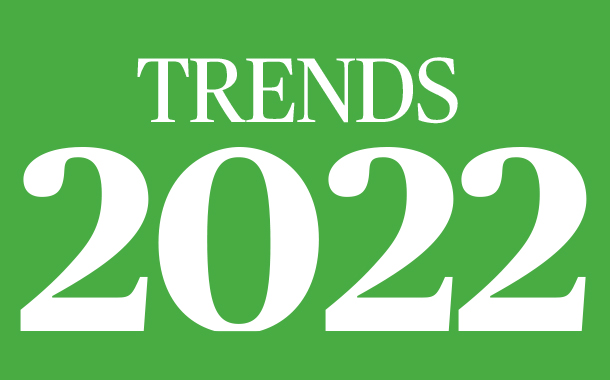While IT teams and IT leaders are historically called on to drive digitisation and increase value, the roles will be reversed in the post-pandemic world. Strategic decision making starts with digital experience and digital transformation since they are now deeply connected to the successful operation of any company.
We see this for example in business analytics, where the analysis of user experience journeys or customer experience journeys become a crucial information source for strategic decisions.
Increasing convergence between online and offline world results in digital twin concepts being adopted
Another example is increasing convergence between the online and offline world, which results in digital twin concepts being adopted beyond production, and any process being tested virtually before being considered for rollout.
The pandemic months have triggered a rapid increase in ransomware attacks as more and more people worked remotely. Coincidentally, this opened up a multitude of new infection vectors.
Any process will be tested virtually before being considered for rollout
Enterprises had to come to terms with the fact that many IT security processes and protocols are not well suited to the fight against ransomware, because it is virtually impossible to cut off all these infection routes, especially when criminals use social engineering.
Enterprises will rely on AI-based prevention across their whole domain and stringent zero trust policies. Rather than preventing IT attacks from happening, this approach minimises their impact. Once an infection happens, it is discovered almost instantaneously: infected areas are cordoned off and infected files replaced in almost real-time.
In 2022, artificial intelligence AI starts to permeate all industries. We will see it used in agriculture, food production, fast-food chains and the entertainment and hospitality sector. Agriculture and the food industry, for example, will use it for packing and processing, while other sectors gain most from general automation and the simplification of their processes.
As more industries use AI to stay competitive and innovate, there needs to be a technology foundation that can scale accordingly, and AI users need to move their AI projects from standalone siloed infrastructure onto shared, virtualised, production environments.
Manufacturers will be more vocal about their quantum computing strategy in 2022
Another driver is tiny machine learning. Experts are forecasting a massive increase in AI at the edge, down to very low cost, extremely resource constrained edge devices. Think sensors rather than compute devices. This is another generation of devices that feed the ever-growing edge-core-cloud data pipeline, which industries need to access and leverage to differentiate themselves.
Manufacturers in different branches of IT will be more vocal about their quantum computing strategy in 2022 – for example security providers, hyper scalers, storage companies, and GSIs, global advisors.
These manufacturers will also theorise how they can deliver quantum computing innovation as a service for their customers and overcome branch-specific limitations, for example building a data pipeline into the quantum computing cloud.
Green topics are on the rise, as demonstrated by the 2021 Climate Change Conference, the US infrastructure deal, or the traffic light coalition coming to power in Germany. We predict that businesses will head in the same direction.
Enterprises will become intrinsically motivated to deliver green innovation.
This is partly due to regulatory pressure, for example to lower carbon dioxide emissions. But enterprises will also become intrinsically motivated to deliver green innovation.
Net Zero targets will become a priority for businesses in 2022, and they are impacting corporate decision-making already now. This will result in companies examining not just their own actions but their supply chain, digital and non-digital, as they strive to deliver net zero carbon emissions as quickly as possible.
We will see it in agriculture, food production, fast-food, entertainment, hospitality, while others gain from automation and simplification of processes.





















